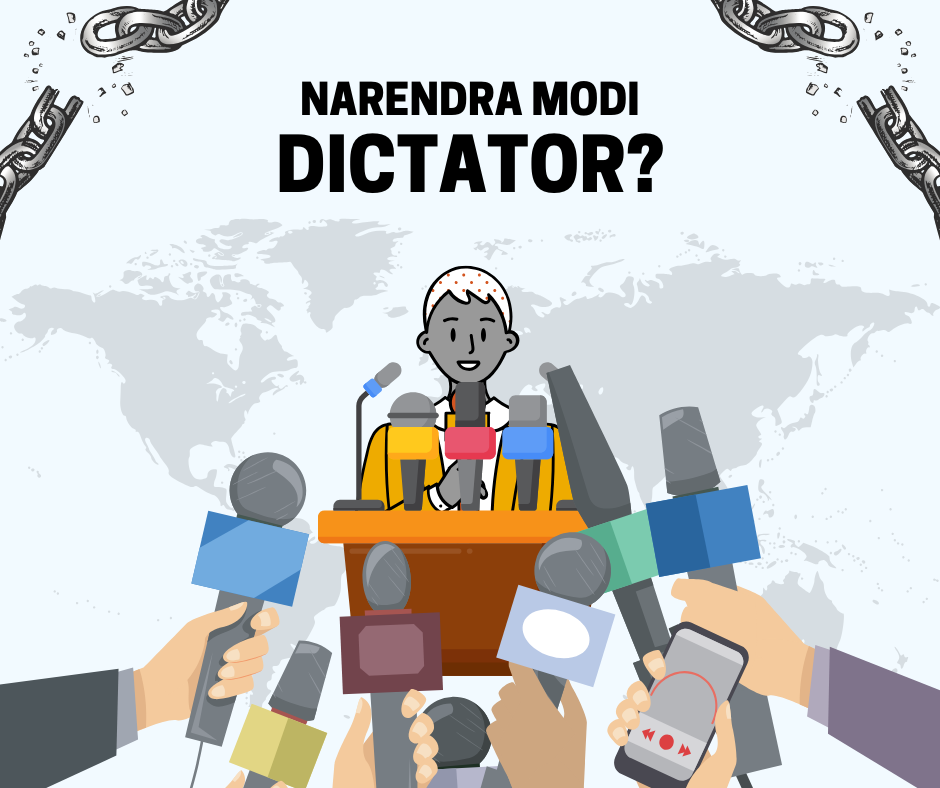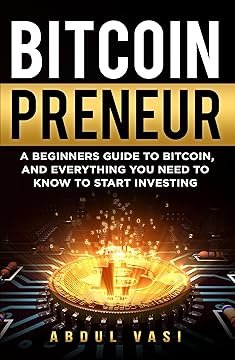Advertisement:
With over 25 years of experience as a business consultant, Abdul Vasi has helped countless brands grow and thrive. As a successful entrepreneur, tech expert, and published author, Abdul knows what it takes to succeed in today’s competitive market.
Whether you’re looking to refine your strategy, boost your brand, or drive real growth, Abdul provides tailored solutions to meet your unique needs.
Get started today and enjoy a 20% discount on your first package! Let’s work together to take your business to the next level!
Introduction
India, the world’s largest democracy, has always been a vibrant and complex tapestry of political ideologies and leadership styles. Since Narendra Modi’s rise to power in 2014, there has been a growing debate over his governance style, with some critics labeling him as a dictator. This article delves into the various aspects of Modi’s leadership to evaluate whether this characterization holds any merit.
Historical Context
Narendra Modi, a member of the Bharatiya Janata Party (BJP), became Prime Minister of India in May 2014, following a decisive victory in the general elections. His campaign was marked by promises of economic reform, development, and strong leadership. Modi’s tenure as the Chief Minister of Gujarat had already earned him a reputation for effective governance, but also for controversy, particularly regarding the 2002 Gujarat riots.
Centralization of Power
One of the primary arguments for labeling Modi as a dictator is his centralization of power. Critics argue that Modi has systematically dismantled institutional checks and balances, consolidating authority within the Prime Minister’s Office (PMO). The weakening of autonomous institutions, such as the judiciary and the Election Commission, and the marginalization of political opponents have raised concerns about democratic backsliding.
However, supporters argue that strong leadership is necessary to implement crucial reforms in a country as vast and diverse as India. They point to Modi’s decisive actions in areas like economic policy, foreign relations, and infrastructure development as evidence of effective governance rather than dictatorial tendencies.
Media and Freedom of Expression
Another significant area of concern is media freedom. Under Modi’s leadership, India has seen a marked decline in press freedom rankings. Journalists critical of the government have faced harassment, legal action, and even violence. Media outlets perceived to be opposing the government have been pressured or censored . This has led to accusations that Modi’s government is stifling dissent and curbing freedom of expression.
However, it’s important to note that media in India is diverse and fragmented, with a wide range of voices and opinions still being expressed. While there are legitimate concerns about media freedom, labeling Modi a dictator based solely on this aspect may overlook the broader media landscape.
Legislative Agenda and Policy Implementation
Modi’s government has pushed through several controversial legislative measures, sometimes using executive orders or bypassing extensive parliamentary debate. Notable examples include the abrogation of Article 370, which granted special autonomy to Jammu and Kashmir , and the implementation of the Citizenship Amendment Act (CAA), which critics argue discriminates against Muslims.
Supporters of Modi contend that these measures were necessary to address longstanding issues and were within the legal framework of the Indian Constitution. They argue that decisive action is often misconstrued as authoritarianism, especially when dealing with complex and contentious issues.
Erosion of Secularism
India’s secular fabric, enshrined in its Constitution, has come under strain during Modi’s tenure. The rise of Hindu nationalism, often associated with the BJP, has led to increased polarization along religious lines. Incidents of communal violence and the marginalization of minority communities have sparked fears that Modi’s government is undermining India’s secular identity.
Critics argue that Modi’s rhetoric and policies have emboldened extremist elements, contributing to a climate of intolerance. However, supporters counter that Modi himself has repeatedly emphasized inclusive development (Sabka Saath, Sabka Vikas) and that incidents of communal violence are complex phenomena not solely attributable to his leadership.
Economic Reforms and Development
Modi’s tenure has been marked by ambitious economic reforms, including the introduction of the Goods and Services Tax (GST), demonetization, and the Make in India initiative. These reforms aimed at boosting economic growth, increasing foreign investment, and formalizing the economy.
While these measures have had mixed results, with some causing significant disruption and hardship, they highlight Modi’s willingness to take bold decisions. Supporters argue that such reforms are essential for India’s long-term growth and development, while critics view the implementation as heavy-handed and poorly planned.
Public Support and Electoral Mandate
It’s crucial to recognize that Modi enjoys significant public support, as evidenced by his re-election in 2019 with an even larger mandate. His popularity stems from his image as a strong leader capable of driving change and his ability to connect with the masses through effective communication and grassroots outreach.
A leader with substantial public support and a clear electoral mandate challenges the notion of dictatorship. In a democracy, leaders are accountable to the electorate, and Modi’s repeated electoral successes suggest that a significant portion of the Indian population approves of his governance style.
Conclusion
Labeling Narendra Modi a dictator is an oversimplification that fails to capture the complexity of his leadership and India’s democratic framework. While there are legitimate concerns about the centralization of power, media freedom, and secularism, it is essential to consider the broader context and the diverse opinions within Indian society.
Modi’s governance style is certainly assertive and, at times, controversial. However, characterizing him as a dictator overlooks the democratic processes, public support, and legal frameworks that continue to shape India’s political landscape. As India navigates its path forward, the debate over Modi’s leadership will undoubtedly continue, reflecting the dynamic and multifaceted nature of the world’s largest democracy.




